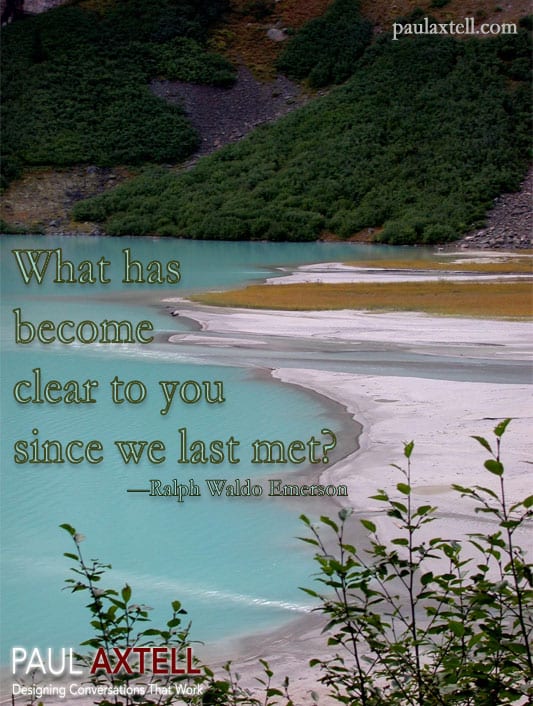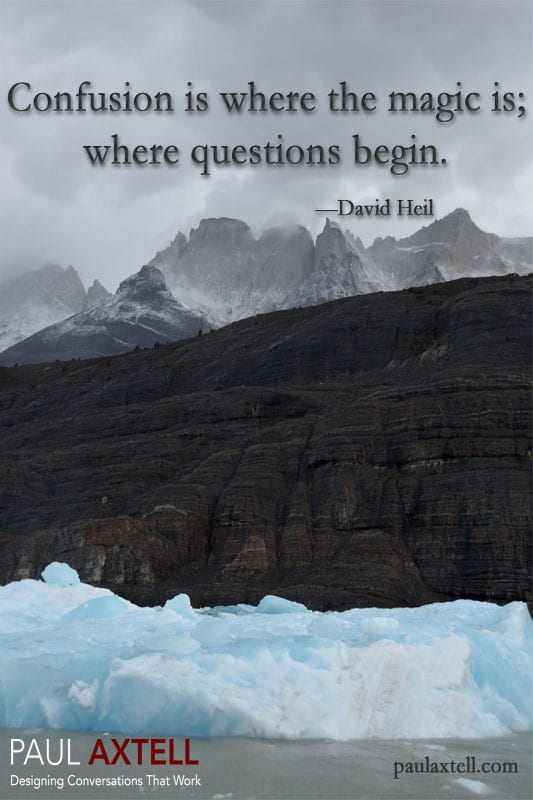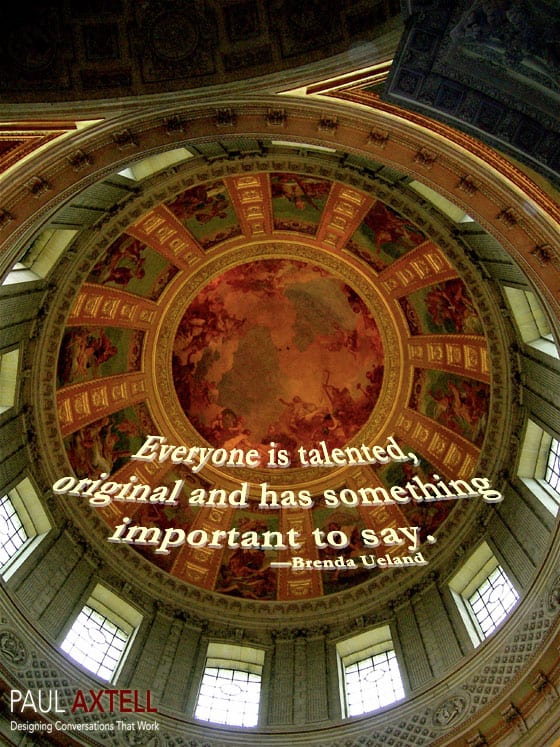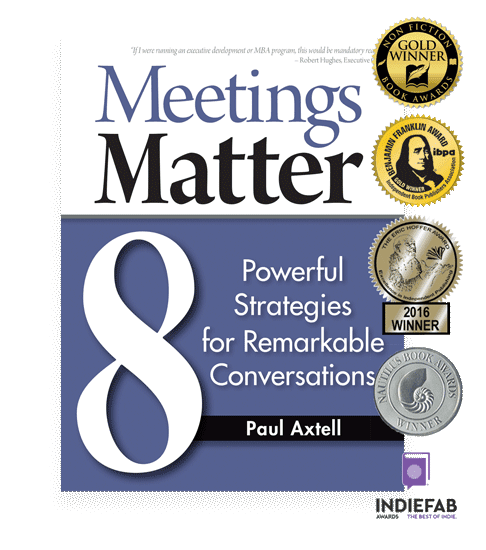Chris Taylor spends his days working to change the world of work – one conversation at a time – through his company’s flagship program, Actionable Conversations, as well as the book summaries and thought leader interviews at ActionableBooks.com.
Founded by Chris is 2008, Actionable.co started off as a passion project and has since turned into something much bigger. On his site, you will find access to over 1000 summaries of business books in bite-size format, all for free. Each summary consists of a brief overview of the book, one key message, and two ways you can easily integrate that message into your life in five minutes or less.
Below are Chris’s thoughts on the importance of building relationships in the workplace, getting the most value out of a book, and his takeaways from spending an entire year reading a book a week.
Enjoy!
Paul: You are a big advocate of relationships, especially at work, and say they are the #1 engagement factor. What are some best practices that you’ve learned over the years?
Chris: When we consider the fact that we spend more waking time with our colleagues than we do with our spouse on most given days, it’s wild to think how little time we spend proactively cultivating relationships at work. Beyond the transactional “I need this, you need that” interactions, one of the simplest things we can do to improve relationships is to engage in what my business partner refers to as “middle talk” – something that lives between the “small talk” about weekend activities and discussing the weather and the “big talk” about life purpose, deep desires, etc. Middle talk, then, is about the work we do, the impact we’re having (both with external stakeholders and our immediate working groups). Structuring in as little as one hour of “middle talk” conversation per month can help a team feel more connected and better heard, understood, and appreciated by their peers. This, in turn, drives employee engagement.
Paul: What is the best way to get people to value conversation and make it a priority?
Chris: Like most good habits (exercise, diet, sleep, etc.) the true value is experienced, not told. We recommend that clients make the first three conversations mandatory, with a conversation from the outset that engaging in these conversations will be a personal choice… after each person clearly understands the value (or lack thereof) that comes from the regular interaction. Frame it from the outset – we’re going to have three conversations over the next three months as a group… then we can decide (individually and as a group) if there’s value in continuing to have them. From what we’re seeing right now, 92 percent of teams decide to continue the conversations after those first three. The value of conversation is a fundamentally human need… we just need to be reminded of that sometimes.
Paul: In 2008, you decided to read one personal development book a week for an entire year. What were some unexpected outcomes of this project?
Chris: There were a couple major advantages for me in that project. First and foremost, I was amazed by how many other people gravitated to the idea. Not the idea of “reading” a book a week, per se (lots of people have done that or more), but in the act of applying one concept from each book to my life and/or business. We live in a time of information overload – there’s already, freely available, way more content than any one of us could consume in a lifetime. The value is not so much in knowledge collection so much as it is in knowledge application. Others saw value in the logic of consuming less but applying more and chose to engage in the conversation, which led to the business that is now Actionable.co.
The second outcome from the project was a natural connection to a world of thought leaders and passionate content experts. As I finished each book I would write the author, thanking them for their work and sharing a link to the Actionable Summary I had created with my key takeaway from their book. No ask. Just a connection and stated appreciation. As a result, I was fortunate enough to forge some great connections, many of which have expanded into deeper relationships and friendships today. Thinkers like Seth Godin, Dan Pink, Susan Cain, Sir Ken Robinson, Simon Sinek and more were gracious enough to invite me into their homes and professional circles. Those connections have heavily influenced my life and business practices.
Paul: One big takeaway I’ve read was that “ideas are only valuable when applied.” What made you come to this conclusion? And are Actionable Books reviews a product of this belief?
Chris: When I started the “book/week” project in 2008, I was a year off the heels of a failed business venture that had sent me down a pretty dark path. Over the course of 2007 I consumed business and personal development books at a voracious pace – three or four a week… but nothing was changing. I was learning a lot, but my life was the same as it had been at the beginning of the year. I realized (around September) that while reading might be fun/interesting/distracting (pick an adjective), unto itself it didn’t create value. It was only through the act of applying what I’d learned that I could make any difference in my life. So, on the dawn of 2008, I decided to change my strategy – (a) slow down the reading pace, (b) identify the key concept from each book that I wanted to practice, (c) build a clear test activity that I could repeat daily for the week, and (d) communicate the plan with a group of individuals who could hold me accountable to the exercise. Then I was able to proactively reinvent the way I interacted with the world.
Paul: What has been your favorite book to review?
Chris: Tough call. I’m a big believer that the right book at the right time for the right person has the power to unlock untold latent potential. So I’d be hesitant to recommend or comment on one specific book for the content’s sake. That said, I remember reading Steve Farber’s Greater Than Yourself shortly after meeting Steve at his home in San Diego. Live texting with him while I was reading the book was pretty memorable. It added a whole new dimension to the book.
Paul: Can you give us some advice on the best way to get value out of a book?
Chris: Don’t get caught up in trying to suck all the value from the book. A well-researched, well-written book will have 15+ gems that you could apply. But you won’t. Not all of them, at least. Better to focus on the one thing that you want to apply from the book. Write it down. Commit to a time frame and a new habit. Try it out and reflect. One idea applied well is infinitely more impactful than a lot of “maybe someday I’ll use that.”




















































